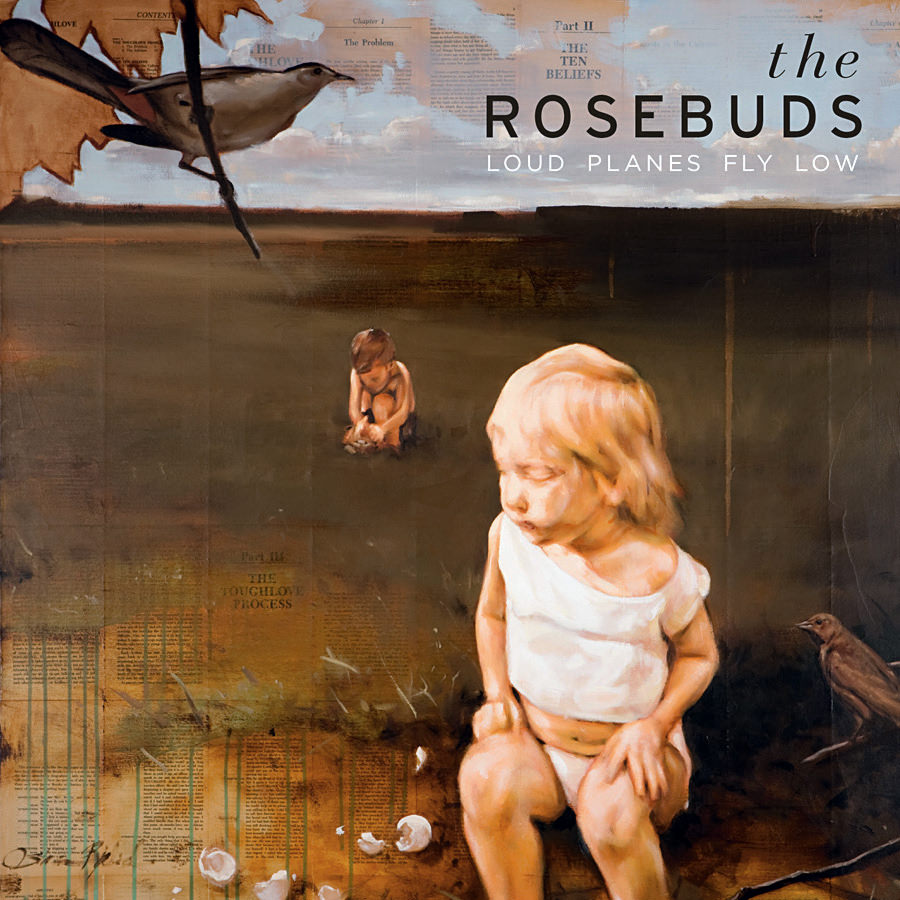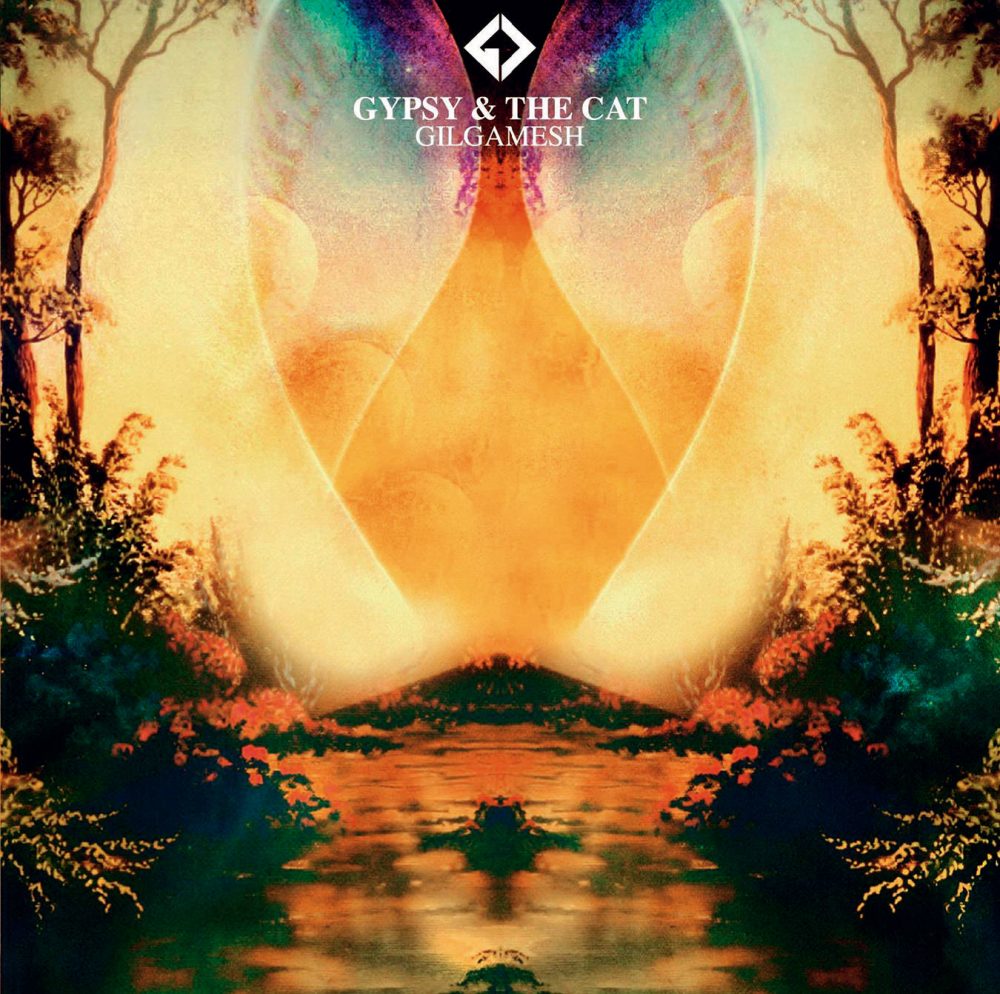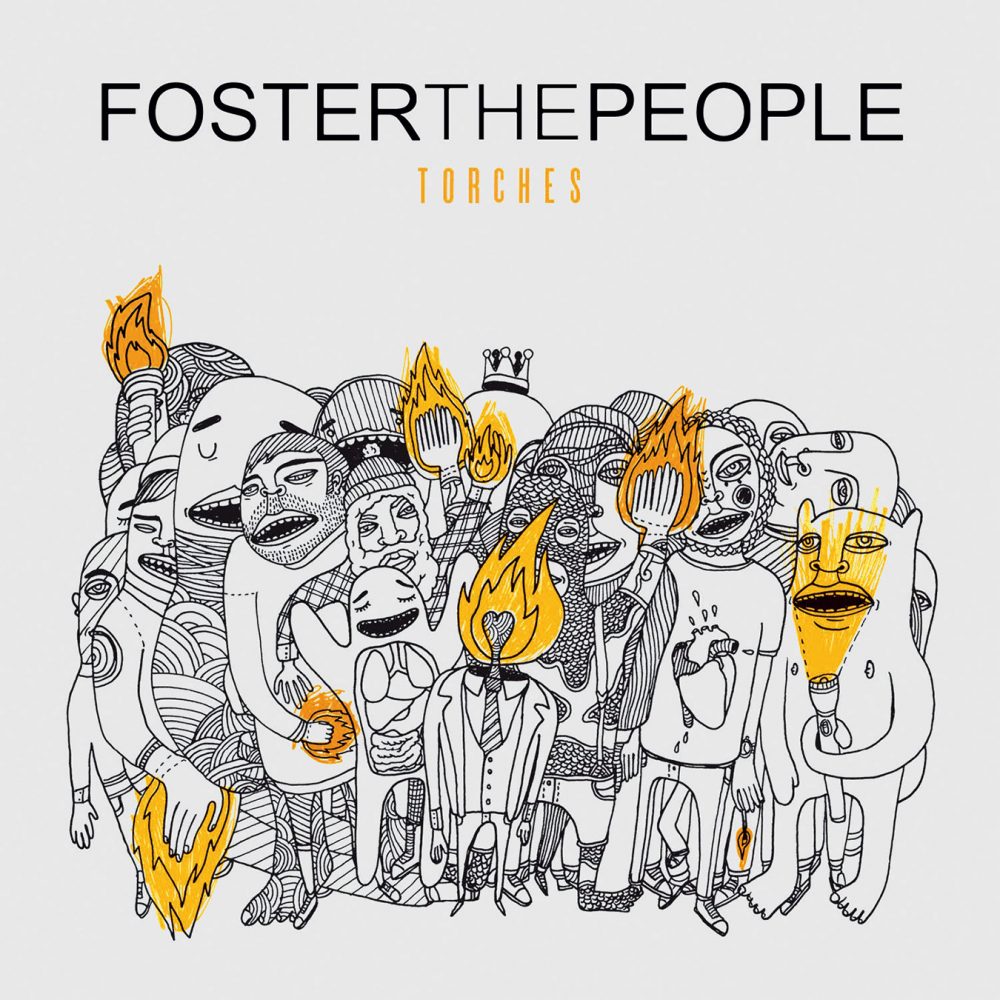Joni Mitchell struck a nerve in 1974, on her Court and Spark album, with the song “Free Man in Paris”. She was free of “the star maker machinery behind the popular song”. Well, the machinery has disintegrated and is reinventing itself daily. The popular song? Alive, and never better.
“Pop” might safely be assumed to be an abbreviation of “popular”. Safe, but incorrect, unless you go back as far as the 1920s. It is safe to say it was then meant without any cultural subtext, but simply as a descriptor. It was more in the time of the late forties through to the mid-fifties, when crooners and big bands made overtures to a mass listening audience, aided by actual recordings of songs available on a mass level, that the idea of making songs simply to sell records, and hence the need to be truly, that is commercially, popular, or “pop”, started to kick in. By the time of early Cliff Richard, Frankie Laine, Dean Martin and even Frank Sinatra, the impetus and the term became synonymous. The Beatles and the Rolling Stones, in some important way, can never be called pop musicians, except perhaps for the first three or four 45 rpm singles they made. The reason is that they were intrepid, evolving with each recording, and not in some readily apparent way actually trying to be popular. Most importantly, the traditions they drew from were readily identifiable: for the Stones, it was Muddy Waters, Chuck Berry, and many others; for the Beatles, it was Buddy Holly, Rodgers and Hammerstein, and their own gifts for innovation.
So, premeditation is part of the program. You can go back to the heyday of pop, the 1960s, and rigorously ignore anything genre-driven such as folk, rock and roll, or blues. You will therefore ignore, among others, the Who, the Animals, the Doors and others. What you are left with is Herman’s Hermits, Dave Clark Five, Tommy James and the Shondells and an infinite array of solo artists whose sole artistic ambition was to please the masses.
The amusing thing is that there were many pearls among the musical swine, and in 2011, there is a fascinating movement, not so much a nostalgic appreciation as an evolution of what “pop” music is. A funny thing happened on the way to now: Elvis Costello, Nick Lowe, the New Wave. Power pop, and Lowe’s 1978 album Pure Pop for Now People, still towers above the crowd. Why?
A walking definition: multiple genres represented in the same relatively short time frame of a song; severe and often delightful emphasis placed on melody and harmony; a fairly resolute avoidance of anything topical or heavy in the lyrics; and in the best of them, a fresh, invigorating whole that is greater than its referential parts.
Fleet Foxes, Wilco, Feist (even in “1234” and “My Moon My Man”) are not pop acts. The links to blues, jazz, folk, are too clear and present. But three excellent bands, all with some traction on satellite radio, on mixed-tape CD exchanges in every neighbourhood, iTunes and even—oh no—in retail stores, have updated pop music, elevated it, even. (No disrespect, Sam the Sham and the Pharaohs, Gary Lewis and the Playboys, Dave Clark Five.)
The Rosebuds, three albums in on their career, hit all the right notes. Great minimalist intros, swelling choruses, echoes of Billy Joe Royal and the Moody Blues, but all coherent, pristine and entrancing. “Life Like”, with its fuzz bass line and chanting harmony parts, is a great example. Others to seek out are “Another Way In” and “Second Bird of Paradise”. Break out the Cheezies and Okanagan Spring 1516 lager. Their new record is Loud Planes Fly Low.
Gypsy and the Cat, a kind of Tears for Fears without either the tears or the fears, has the irrepressible “Jona Vark” (yeah, we get it), and several other pure pop songs from the album Gilgamesh, and you simply will not regret downloading the tune, setting it in any context, and playin’ it real loud. Singalong is inevitable, and I can imagine people giving up their Pat Benatar karaoke addiction just to do this song in front of a live audience. Drinking alcohol is essential.
Finally, Foster the People. Born of satellite radio, their song “Pumped Up Kicks” seemed to find traction along a wide radius, from preteens to over-50s starved for an infectious melody. Not only that, but their album Torches has plenty of other pumped-up songs, and “Helena Beat”, with its amalgamation of Deadmau5 and the Cowsills, is as inevitable as a runaway train.











